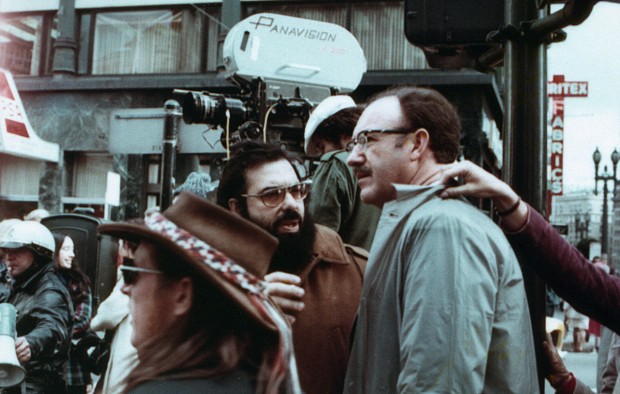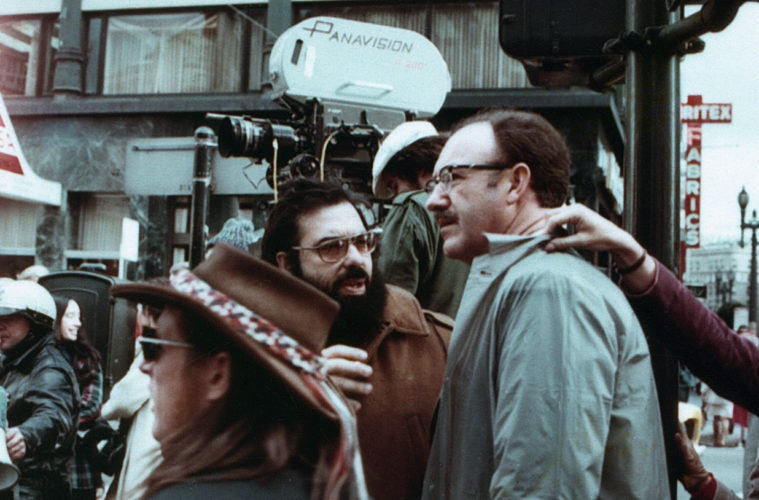
Dailies is a round-up of essential film writing and other highlights from our colleagues across the Internet — and, occasionally, our own writers. If you’d like to submit a piece for consideration, get in touch with us in the comments below or on Twitter at @TheFilmStage.
At The Atlantic, Alexander Huls on why The Conversation, celebrating its 40th anniversary, should be required viewing for the NSA:
Technology—iPhones, Google Glass, tablets, and the like—makes our day-to-day lives easier to quantify than ever. That’s a good thing, in many ways; more information about how people live can help, say, improve healthcare.
But fiction, from George Orwell’s 1984 to this weekend’s box-office hit Captain America: The Winter Soldier, has long warned us about the ways that data collection can also threaten privacy, freedom, and happiness. The most powerful cautionary tale for the Age of Big Data comes from an unlikely place: Francis Ford Coppola’s The Conversation, which turns 40 today.
Pablo Trapero will preside over the Jury for Un Certain Regard at the 2014 Cannes Film Festival.
Watch a video retrospective on the career of designer Pablo Ferro (who worked with Stanley Kubrick, Hal Ashby, and more) from The Art of the Title:
At The Dissolve, Noel Murray highlights five movies that adapt classic literature in unusual ways:
Our Movie Of The Week this week is Clueless, Amy Heckerling’s loose rewrite of the novel Emma, which transports Jane Austen’s 1815 tale of manners and matchmaking to a Beverly Hills high school circa 1995. It’s an inventive spin on its source material, but Heckerling’s not the only filmmaker who’s turned to classic literature to inspire their modern movies. Here are five more films that use English class staples as the foundation for very different kinds of stories.
The Academy of Motion Picture Arts and Sciences has selected Kerry Brougher to head up the forthcoming $300 million Academy Museum.
At Film School Rejects, Matt Patches has a guide on the visual homogenization of Marvel (and other comic book movies):
Superhero movies are making me dizzy. Physically. I find my brain absorbing the visual information from each new entry in Hollywood’s format of choice, processing it through senses, cataloging it in memory banks, and more often than not, hitting the mental equivalent of the “spinning pinwheel of death.” It’s not the feeling of overdosing on the comic adaptation craze or stomaching another end-of-the-world scenario draped in convoluted geekery. I’ve been stomaching that for nearly three decades. The problem is sameness, an idea well run seemingly dry from self-imposed standards.

